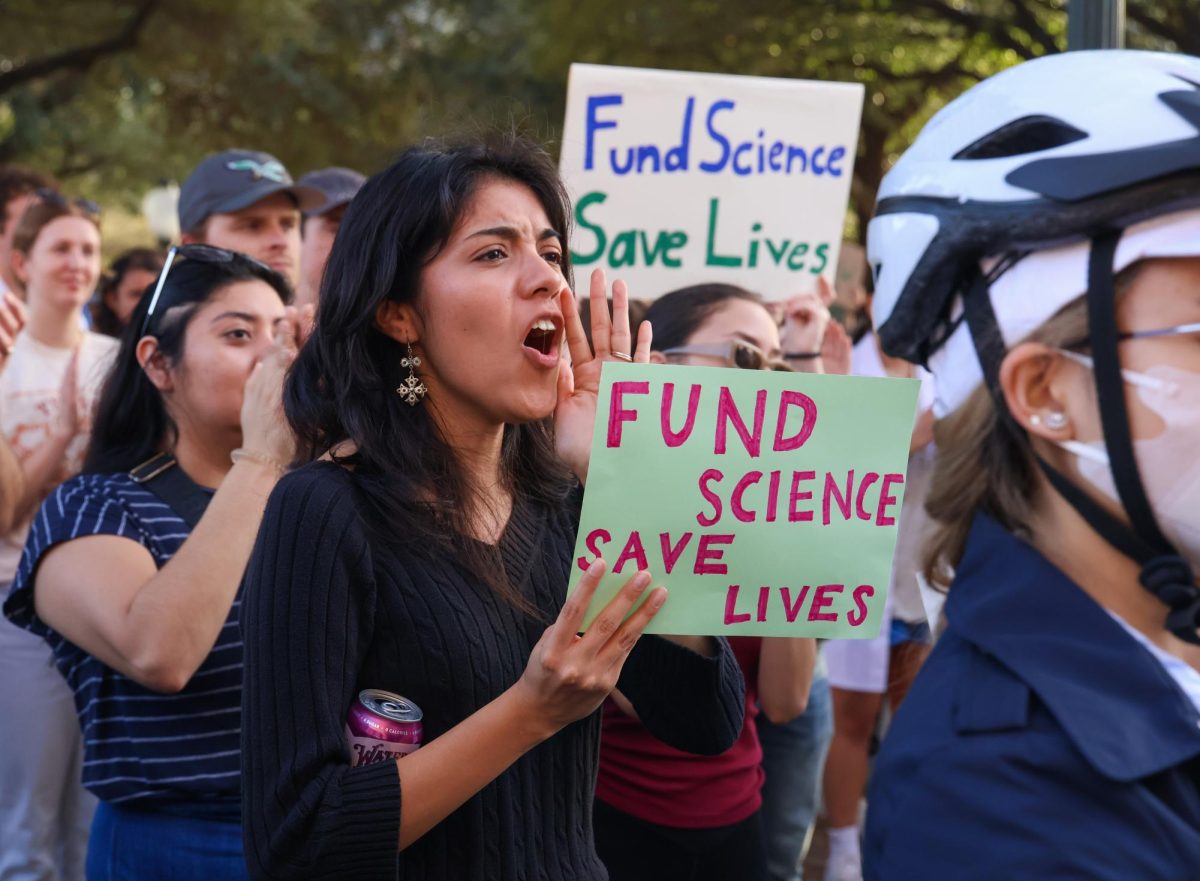Ideas for retooling the Austin city government are under consideration as the mayor and staff review proposals for regional representation.
Austin currently elects six council members and its mayor at-large to stand for the entire city, but a new plan would allow representatives from six geographic districts to hold a place in municipal government. The city hired the lawfirm Bickerstaff Heath Delgado Acosta to develop a proposal for how to divide the city. They proposed four maps for possible districts that could support plans for regional representation.
Federal law requires each district be nearly equal in terms of population, and other demographic factors like race and voting age were taken into consideration when drawing potential districts. City demographer Ryan Robinson said he believes these issues are important because if done correctly, geographic districting can ease concerns over gentrification.
“People think one district is comprised of a majority ethnicity when really it’s not,” Robinson said. “There’s a connection between demographic evolution of a city and how that relates to creation of a district.”
Robinson said geographic districting would help ensure minority representation and could also increase voter turnout.
“The mayor has been championing this change since his time as a council member,” said Mayor Lee Leffingwell’s spokesman Matt Curtis. “He firmly believes this is the right next step for the community.”
Curtis said city officials are considering each map and will choose one to put before the council and citizens. City officials will discuss plans and create community conversation over the next year, and Leffingwell hopes to put the change up to vote next November, he said. Citizens would elect one representative from their local district, while two council members and the mayor would still be elected at-large.
Austin is one of only three major U.S. cities to not operate under a system of single-member districting. Leffingwell and other community leaders believe the city has grown beyond its ability to operate under the current system and geographic representation would prove beneficial.
Linda Curtis, founder of ChangeAustin.org, said she agrees with the need for local representation to exist as the city evolves, despite concern over possible development of “ward politics,” which would put districts in negative competition with each other. She said districting could also potentially allow UT representation in city matters.
“We are at a breaking point,” Linda Curtis said. “Single-member districts are coming in as a way to take back the city with competitive, local campaigns.”




















